Gael's Erratic Pigeon Post | The Pineapple Pizza Effect
A newsletter about the pressure of creation, about Infinite Pits of Hell and about pickling

A newsletter about the pressure of creation, about Infinite Pits of Hell and about pickling
Hello everybody and welcome to the late-March edition of this Pigeon Post! Since last month, I've survived IMPRO Amsterdam (yay!), I've travelled quite a bit (whoop!) and I've coached a new duo-show. Let's dive into it, shall we?
Create. Create! CREATE!
One of my favorite thing of being an independent artist is that I have the freedom and joy to create new things all the time, depending on what inspires me.
The shiny side
Last time I talked about the three new duos that I created and how much joy I got from working with inspiring artists like Diego, Katy or Inbal. I also get to create new shows within Flock Theatre, as we currently are on the brink of performing our new production directed by friend and improviser Jenny Hasenack: Bloodline. And of course I also regularly create new workshops and shows when traveling.

But one of the most interesting, stimulating and exciting task I have in my daily life is to create new exercises and classes for my regular courses at Flock Theatre.
The reason for that? We believe in the non-linear aspect of learning improv and we therefore have no linear curriculum—no levels, or graduations, or path to follow. Instead, we offer thematic courses spanning from 8 to 24 weeks, spread over three periods during a season. In addition to that, the last period is offered with only guest teachers as we also believe in learning from different people—and it gives us the opportunity to take a course in our own school as well!
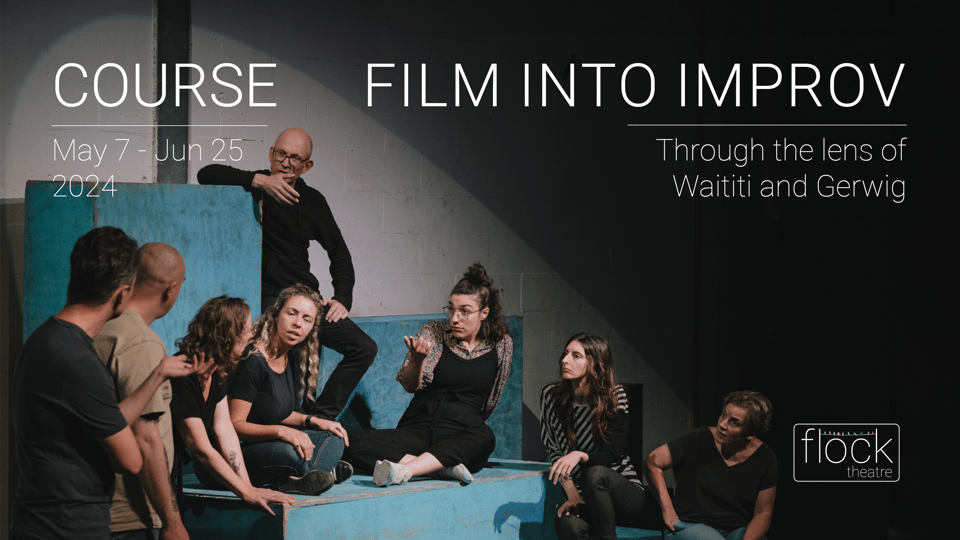
The other side
Now, the other side of that shiny coin is that it requires constant creation and inspiration. Last month, I was sharing how I feel pressure towards creating stuff in my Arctic residency—thanks for all of the nice messages about that. This pressure of creation is somewhat similar for all of the weekly courses that I'm teaching. Since we opened Flock, I created something like 300+ classes, which is quite a bit, now that I'm counting it!
And with it comes the pressure to keep re-inventing myself, keep being interesting enough for people to want to learn from me, keep offering something new and exciting so that people will sign up and not just brush it as same old - same old.
I am in awe looking at people that seem to be able to come up with new good things all the time, also because from the outside it looks so effortless! I mean, have you seen Forgotten Trades from DAUS?!
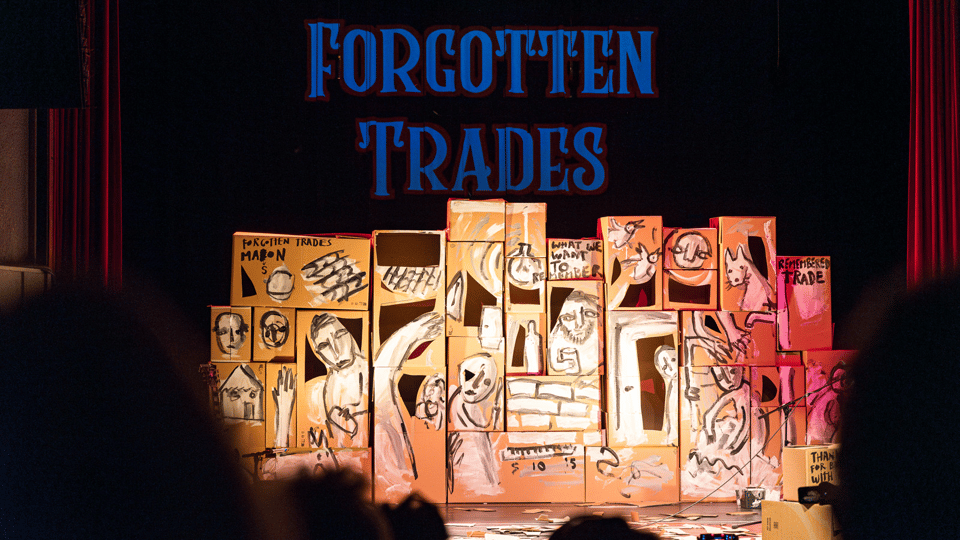
Of course, I also know that the reason this show was so gorgeous and beautiful is precisely because it is the result of the work of the three artists' life-time spent working on their craft, without the injunction and pressure to create. Aina, Ursula and Diego are both talented specialists of their own crafts, and willing to make them co-exist on the stage without compromising each other.
It is very scary to fall dry and to not feel like I'm creative enough, so maybe I will try—especially when I feel the pressure—to simply keep exploring and digging deeper into the things that fascinate me and interest me. Maybe I will eventually find my people that are happy and excited to deep dive with me into something a second, third or hundredth time?

The Pineapple Pizza Effect
While coaching ImprompTwo on their new duo show—that eventually premiered in Amsterdam during our Flock & Friend special date—I tried to find words to describe something that has been bugging me when trying to do narrative improv—single story or not. It is both something I've encountered as a teacher, and as a fellow player.
You know that moment in a scene where the actors are invested in a relationship, a story, a game—anything really—and someone makes the grave mistake to utter two words that will bring us all into the Infinite Pits of Hell.
Pineapple.
Pizza.
Then suddenly everyone involved in the scene magically drops every single bit of character, emotional anchor, story or even relationship to solely focus the rest of the scene—if you are lucky enough to not be in a single-story narrative and therefore extend this to the rest of the show!—on solving this important dilemma: 'Is pineapple pizza an acceptable feature?'
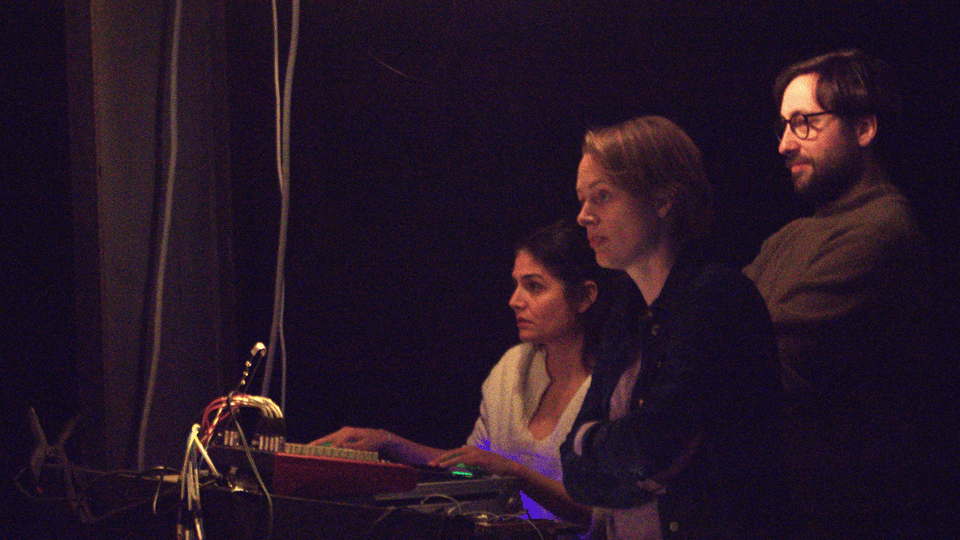
Separate from my culinary opinion, what I found interesting is to notice this tendency when improvising to easily put our fingers in the machinery of a single topic that will not only occupy the rest of the scene, but also most of the time erase anything built before in the scene or story.
Obviously, this is also depending on what style we are trying to achieve on stage, but in narrative shows, it became a pet peeve of mine because things have invariably gone into the same chain of events:
Performers trying to create a story / scene / relationship
Someone says out loud "Pineapple Pizza" for some weird reason of the mind
Everyone and everything revolves around pineappling pizzas until the end of times, without hope of escaping it*
* Often there is this one player trying to get the scene out of the Pits of Hell, but is listened to by no one.
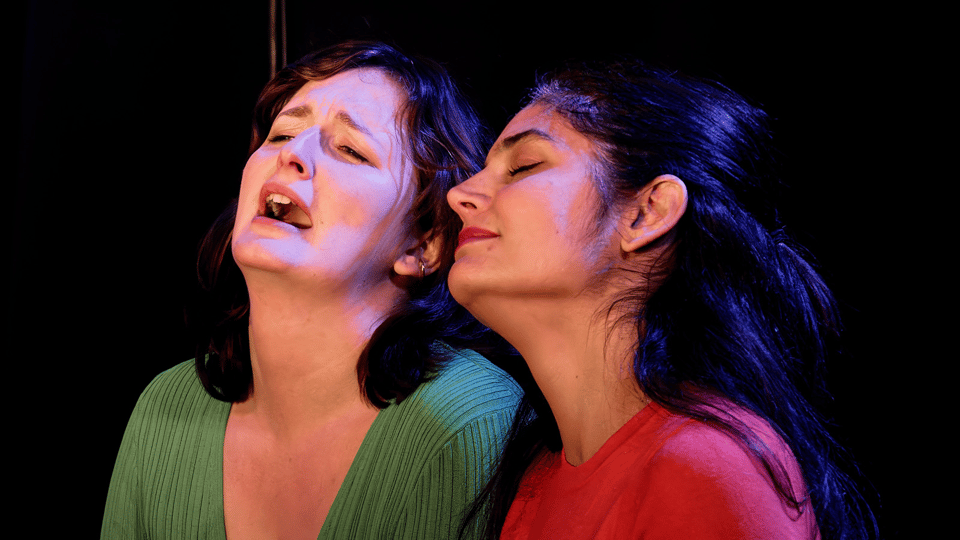
I've been looking at my brain and how it works quite a lot in the last few months, and something I discovered seems to partially explain why this is bugging me so much: I care about congruence. In order to comprehend the world around me—and it also involves improv when we are trying to create a story—I need for things to make sense not only moment-to-moment, but also on the bigger scale, with aaaall of the details falling into places in a consistent manner. And the Pineapple Pizza Effect is the pinnacle of inconsequential: no matter what happens, who we are or what is the story, let's drop it all for something that comes out of nowhere.
Obviously, I am well aware that this is a me-thing—like most pet peeves in the world I guess. But I love suddenly finding words to describe something I've been feeling for years!
And because I love theories and thinking about our artform, that leads me to move forward in the recognition of different streams in improv, where some styles might focus more on a moment-to-moment approach, while other styles will put the accent on creating without a script something that could have been written. This is partially why with Flock Theatre, we are now subtitling our shows with the mention 'Unscripted Theatre'.
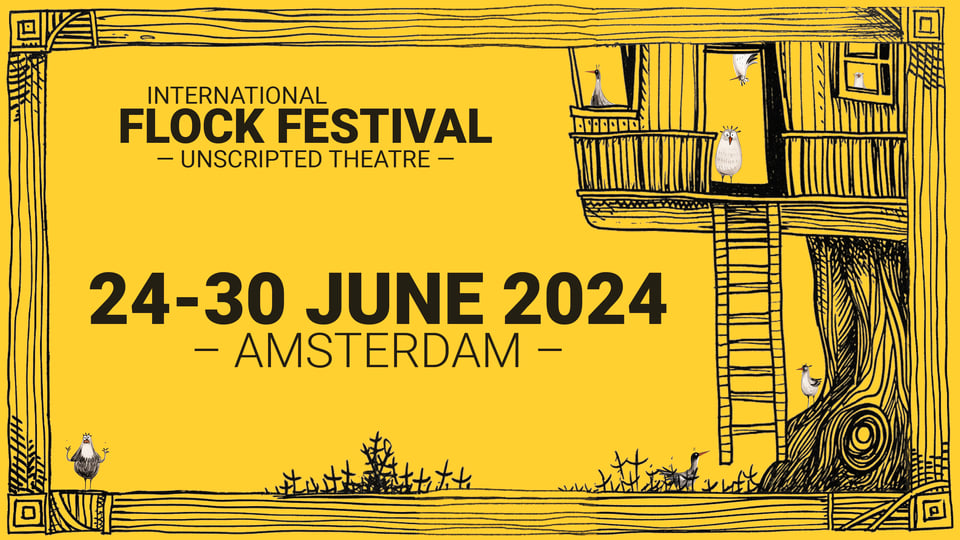
My favorite thing about improv is that it can be anything. I love the fact that it's so varied and that there is no vertical hierarchy between the styles, but only horizontal exploration and taste.
In the spirit of me recently often saying that a show can be anything but shouldn't be everything, I looked at a few of the shows I play:
Just Play: moment-to-moment non-narrative
The Hero·ine Who Got Lost: unscripted theatre narrative
What Remains: unscripted theatre non-narrative
The Fraltons: moment-to-moment narrative
In conclusion: Pits of Hell or not, I love all of these combinations!
What am I up to these days?
I'm quite busy doing stuff, as usual, but if you're curious and around, maybe I will catch you somewhere!
I'm playing my most joyous show Object of Affection with Laura, hosted by our amazing friends of Improtheater Karlsruhe this weekend!
I'm performing in the next Flock Theatre production, Bloodline, on April 11, 12 and 13, in our home-theatre in Amsterdam!
I'm representing France with my two favorite match fellow-players Cédric and Amel in Munich, for the Impro European Masters on the first week of May!
I'm always excited about coaching improvisers, duos, groups to either work on an existing show or develop a new one. If you're curious, send me a message!
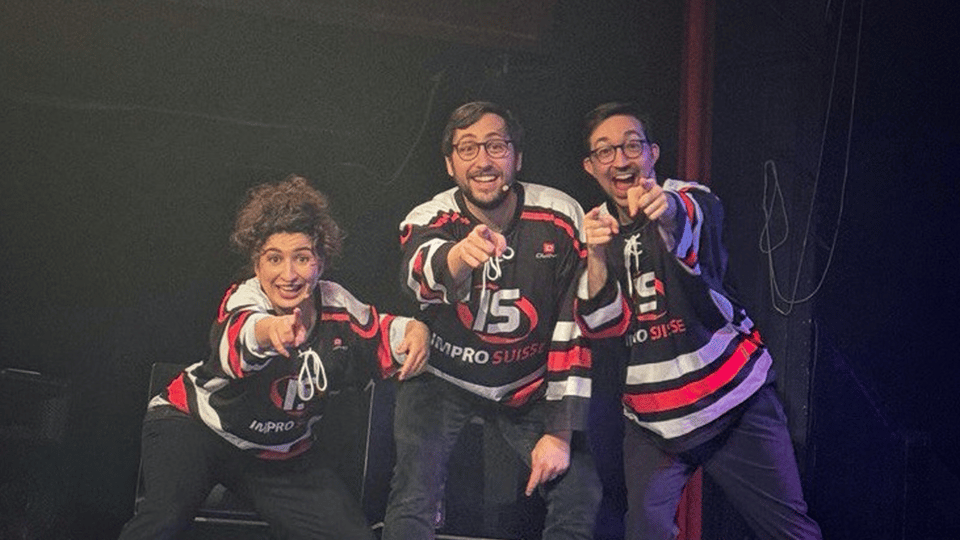
You want to share your thoughts and feelings about all of this? You have a topic in mind that you want to figure out? You are curious about nerdy shit and don't know what to do with it? You can always hit reply and talk to me!
Have an amazing week!
Gael
The cooking stuff
Winter in the Netherlands is, when you try to cook with seasonal vegetables, a lot of cabbage. Like a lot. Of cabbage. And then some more.
I like most vegetables, but one that I find uninspiring—and that is very common in winter here—is 'koolrabi'. It means chou-rave. Which means kohlrabi according to Google, believe it or not.
So to get through my most recent batch of koolrabi, I've tried something very simple that actually worked so well that I even got excited about it: pickling them. Just chopping them, putting them in a jar with mustard seeds, herbs and stuff, boiling some water and vinegar and sugar and salt, pouring it all on top and letting it rest for a few days.
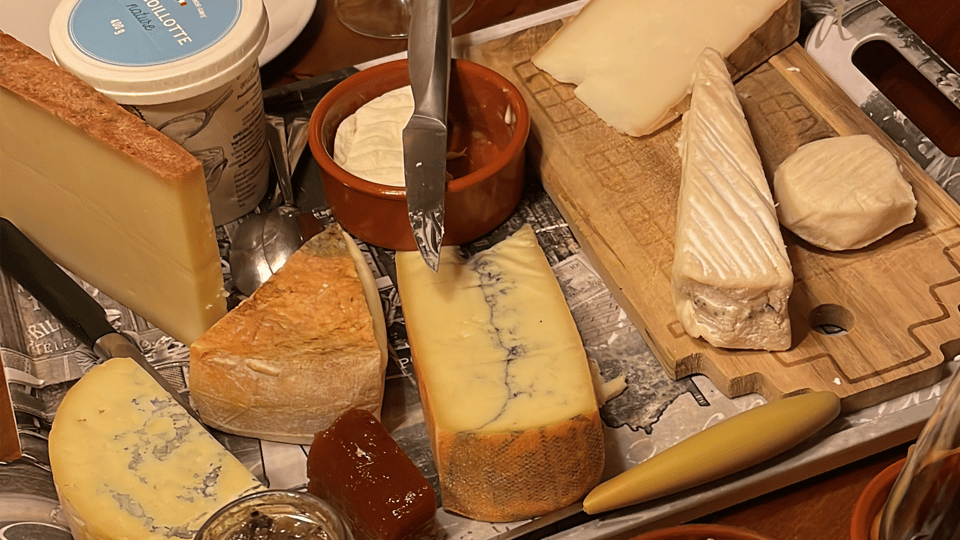
Apparently the universe heard me getting excited. Result: at the next vegetable package I bought from the farm, I didn't get one, but two koolrabis! I guess tomorrow is pickling day again...